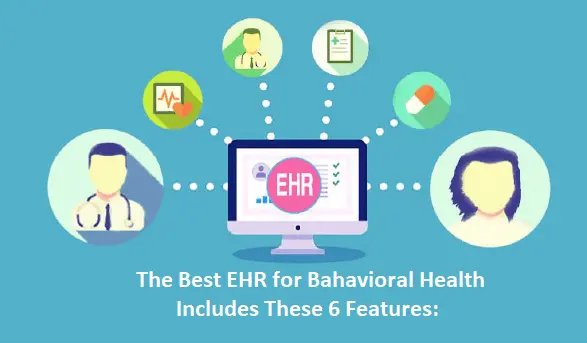
Overview of Mental Health and Behavioral Health Software Solutions
In today's fast-paced world, mental health and behavioral health software solutions have become essential tools for practitioners and organizations. These software solutions streamline processes, enhance patient care, and improve overall efficiency. With the increasing demand for mental health services, it's imperative to choose the right software that meets the specific needs of providers and patients alike.
Key Features of Mental Health Software
When evaluating mental health software, several key features are crucial for ensuring effective management of patient care:
- Electronic Health Records (EHR): This allows providers to maintain comprehensive patient records, including assessment results, treatment plans, and progress notes.
- Telehealth Capabilities: Given the rise of remote consultations, telehealth functionalities enable providers to connect with patients via video or phone, making care accessible.
- Billing and Insurance Management: Integrated billing solutions help streamline insurance claims and payment processes, reducing administrative burdens.
- Patient Portals: These portals enable patients to access their health records, appointment schedules, and educational materials, promoting engagement and self-management.
- Reporting and Analytics: Advanced reporting tools provide insights into patient outcomes, operational efficiency, and compliance with regulatory standards.
Top Mental Health and Behavioral Health Software Solutions
Here is a comparison of some of the leading mental health software solutions available in the market:
| Software Solution | Key Features | Pricing | User Rating |
|---|---|---|---|
| TherapyNotes | EHR, billing, telehealth | Starting at $25/month | 4.8/5 |
| SimplePractice | Telehealth, client portal, billing | Starting at $29/month | 4.9/5 |
| Valant | EHR, scheduling, reporting | Contact for pricing | 4.7/5 |
| TheraNest | Billing, telehealth, client portal | Starting at $39/month | 4.6/5 |
| MindBody | Scheduling, billing, marketing tools | Contact for pricing | 4.5/5 |
Benefits of Using Mental Health Software
Implementing a dedicated behavioral health software solution can lead to numerous benefits for practices and patients alike:
- Improved Efficiency: Automation of administrative tasks such as scheduling and billing allows providers to focus more on patient care.
- Better Patient Engagement: Features like patient portals foster communication and empower patients in managing their health.
- Enhanced Compliance: Keeping up with HIPAA regulations is simplified through secure data management and documentation.
- Data-Driven Insights: Analytical tools help identify trends in patient care and operational challenges, enabling informed decision-making.
Considerations When Choosing Software
Choosing the right mental health software requires careful consideration of various factors:
- Usability: The software should have an intuitive interface that is user-friendly for both providers and patients.
- Scalability: Ensure the software can grow with your practice, accommodating an increasing number of patients and services.
- Customer Support: Reliable support is crucial, especially during implementation and transition phases.
- Integration Capabilities: The software should integrate seamlessly with existing systems to facilitate data sharing and reduce redundancy.
Conclusion
As mental health and behavioral health continue to gain recognition, the use of specialized software solutions will only grow. By investing in the right mental health software, practices can enhance patient care, streamline operations, and ultimately improve their overall effectiveness. With various options available, providers should carefully evaluate their needs and choose software that aligns with their goals.






